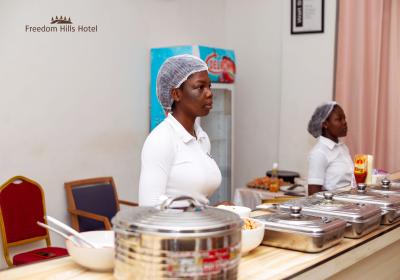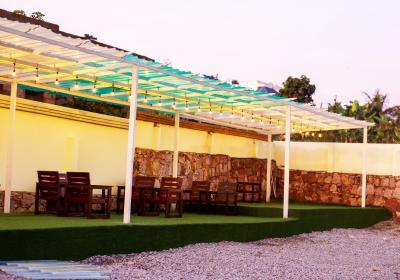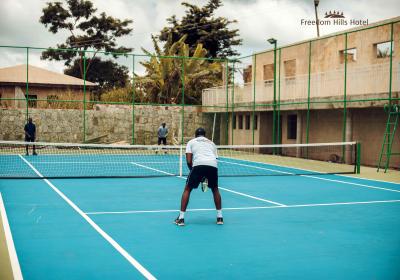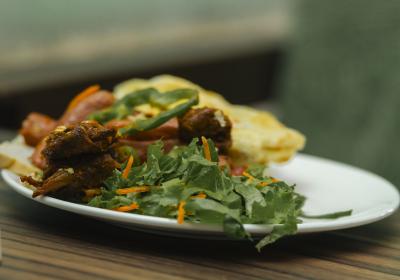ABOUT KWAHU
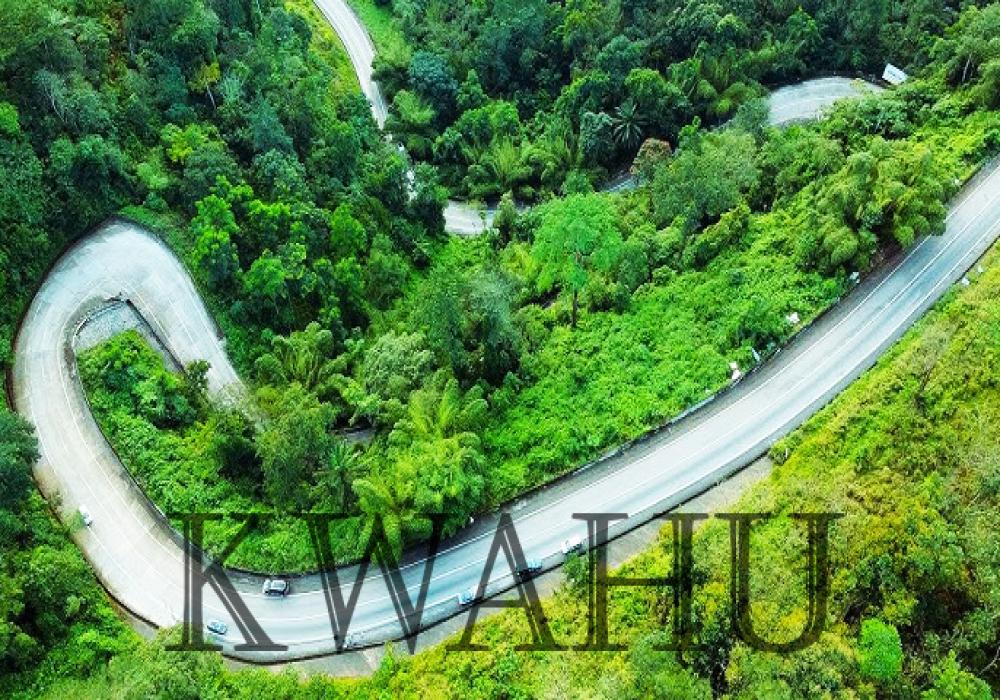
Kwahu is an area and group of people that live in Ghana and are part of the Twi-speaking Akan group. The region has been dubbed Asaase Aban, or the Natural Fortress, given its position as the highest habitable elevation in the country. Kwahu lies in the Eastern Region of Ghana, on the west shore of Lake Volta. The Kwahus share the Eastern Region with the Akyem and Akuapem, as well as the Adangbe-Krobos. Among Kwahu lands, a significant migrant population works as traders, farm-hands, fisherfolk, and caretakers in the fertile waterfront 'melting pot' of Afram plains. These migrants are mostly from the Northern and Volta Regions, as well as, some indigenous Guans from the bordering Oti and Brong-Ahafo regions live in the Afram Plains area. Kwahus are traditionally known to be wealthy traders, owning a significant number of businesses and industries in Ghana
Brief History
The name Kwahu, according to historians, derives from its myths of origin, "The slave (akoa) died (wu)," which was based on an ancient prophecy that a slave would die so the wandering tribe of Akan would know where to settle. This resonates with the etymology of the Ba-wu-le (Baoulé) Akans of the Ivory Coast whose Warrior Queen Awura Poku had to sacrifice her baby in order to cross the Komoe river. The myth was part of the historical stories of the Agona matriclan, the first paramount lineage of Kwawu, and was later adopted by the Bretuao-Tena matriclan (Twidan) who later replaced them. Other historians trace the name Kwahu to the dangers associated with making the mountainous terrain a habitat as it became known as a destination of no return: go at your own peril or "ko wu" in the Twi language. This latter version is thought to have come either from their ancestral people in Mampong who did not support fragmentation or from enemies who perished in trying to take fighting to the Kwahu in the treacherous mountains.
Source: Wikipedia (Read more here: https://en.wikipedia.org/wiki/Kwahu)
